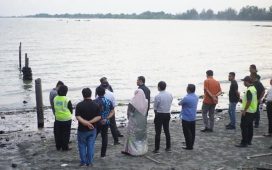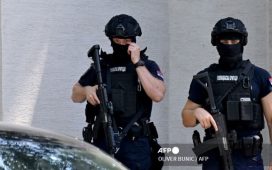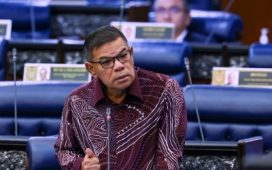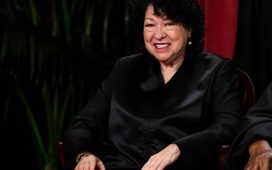Bias Ramadhan, whose mother Hasna was aboard flight 610, said he doubted that any Boeing executives would be punished for potential fraud.
“Up to this point, they have always managed to get away from their responsibilities. I hope people from Boeing go to jail for what they did, but the realistic side of me knows for sure no one will go to jail,” he said.
“I do support any kind of prosecution against Boeing and I hope for the best.”
The potential charges stem from the company’s alleged breach of a 2021 settlement agreement. Under that deal, Boeing was granted a three-year immunity clause, contingent on fulfilling certain conditions – including overhauling compliance practices and paying US$2.5 billion in penalties and compensation. However, officials reportedly found that Boeing had violated the terms of the agreement earlier this year.
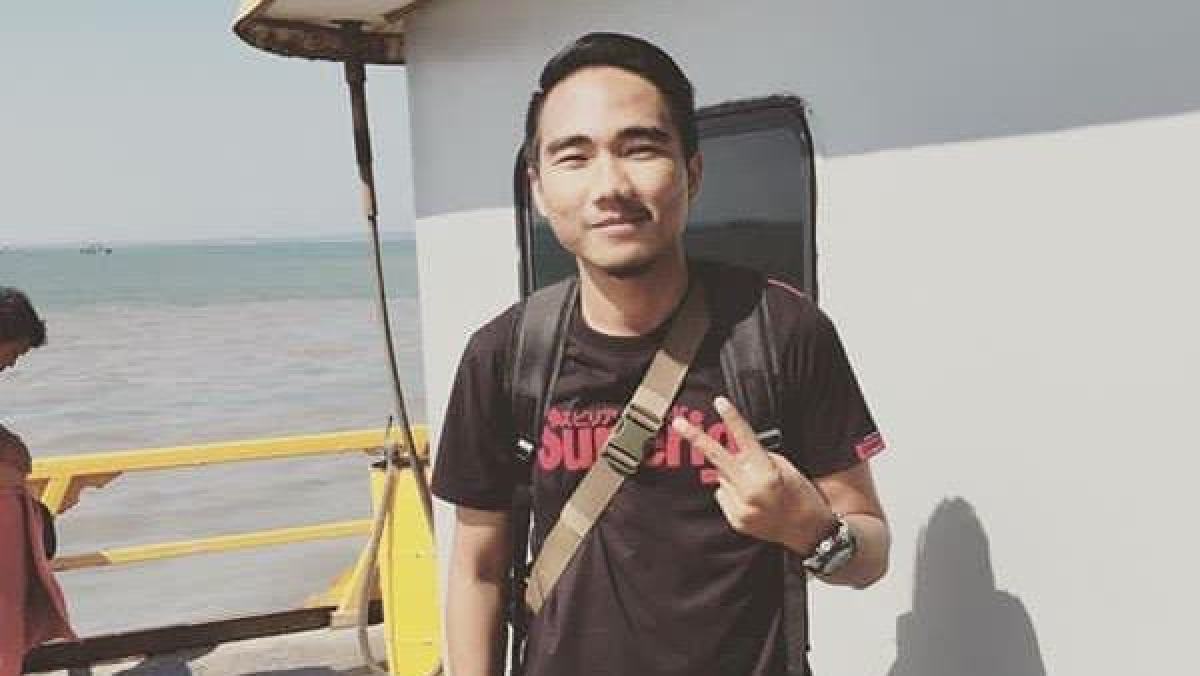
Indonesian journalist Anton Sahadi, whose wife lost her two 24-year-old cousins Riyan Aryandi and Ravi Andrian in the crash, told This Week in Asia that any criminal prosecution was “good and reasonable”.
“This is what should happen in this case and I hope they are prosecuted in accordance with the appropriate laws in the United States,” he said, adding that Boeing executives should have been prosecuted for negligence resulting in death.
Yet not all victims’ families welcomed the news of further litigation.
Neuis Marfuah, whose 23-year-old daughter Vivian Hasna Afifa died in the Lion Air crash, said the new wave of potential legal action was “digging up the past”.
Mafuah said she had just finished praying for Vivian in the Saudi Arabian city of Madinah during her haj pilgrimage when she received news of the potential criminal charges.
“I am sad and I feel that there will be no peace for the victims who have died,” she said, adding that justice should have been upheld from the beginning when the first signs of negligence were found, and that Boeing should not have ignored safety concerns.
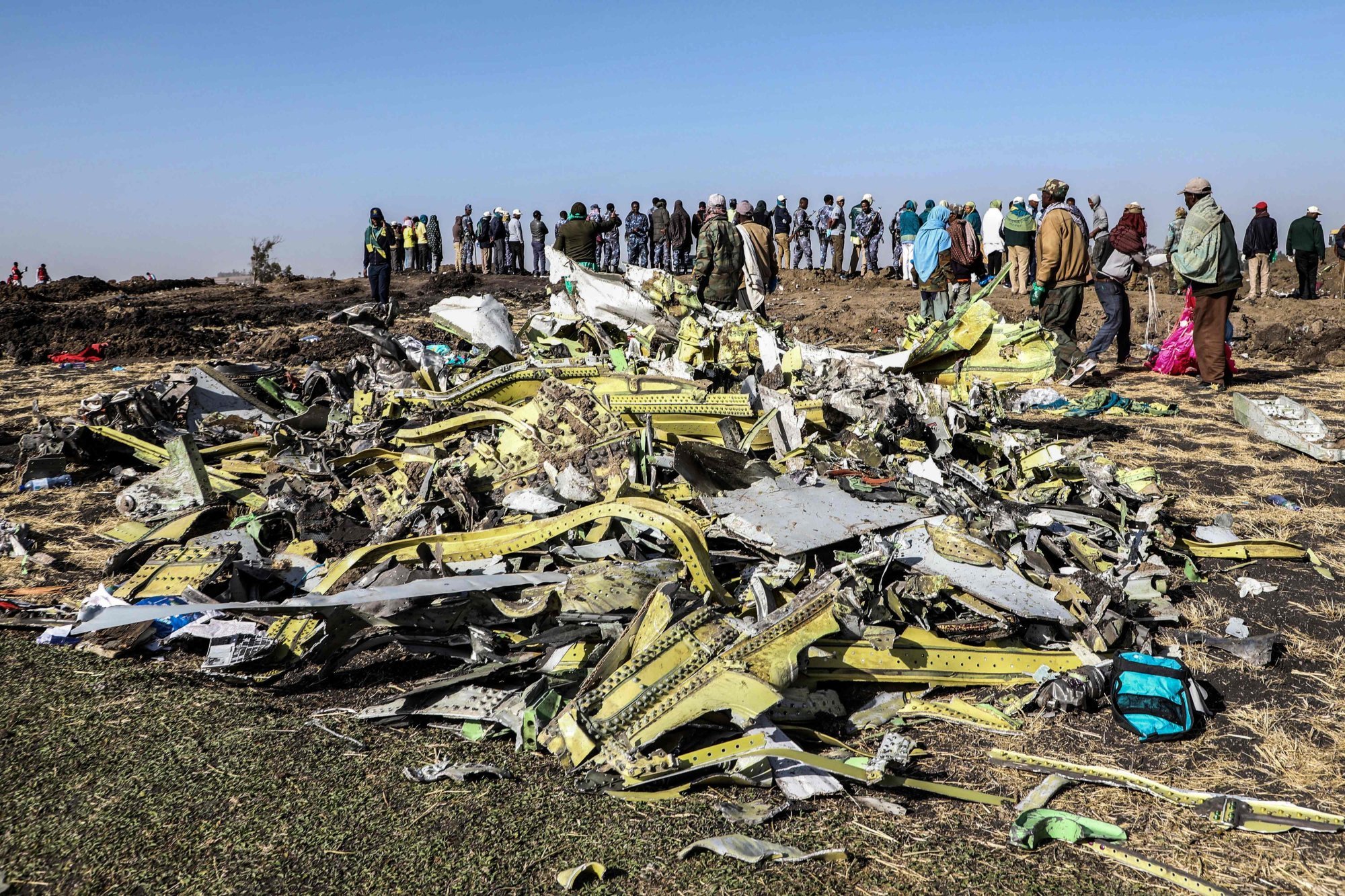
Lion Air flight 610 plunged into the sea on October 29, 2018 en route from Indonesia’s capital Jakarta to Pangkal Pinang in the Bangka Belitung Islands, and pilot error was originally suspected as the cause of the fatal crash.
In both crashes, the flight manoeuvring characteristics augmentation system (MCAS) was found to have malfunctioned. Sensors had incorrectly indicated the planes’ noses were too high, causing MCAS to activate and fatally force the aircraft towards the ground in an attempt to avoid a stall.
A US congressional report accused Boeing of a “culture of concealment” and described the 737 Max as “marred by technical design failures”, including the problematic MCAS system.
Neither Boeing nor the Justice Department has commented on reports of potential criminal charges against the company.
It’s also unclear if the families of victims of the Lion Air or Ethiopian Air crashes would be required to take part in any future legal proceedings.
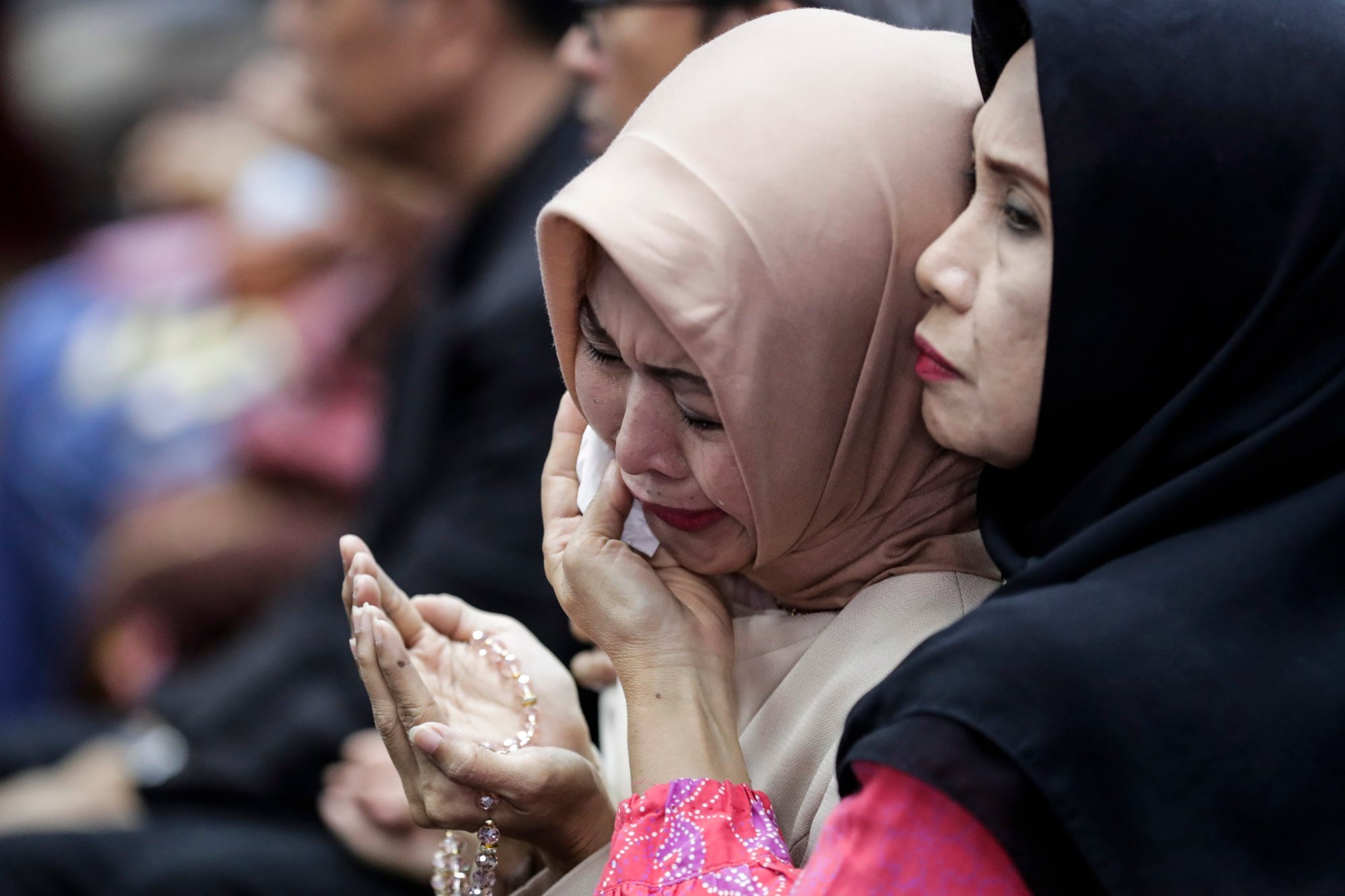
For Marfuah, however, the prospect of jail time for Boeing executives will do nothing to ease the pain of losing her daughter Vivian.
“As a mother, to this day, I still have a sadness that is impossible to talk about to other people. A mother’s tears cannot replace losing a child, but I can’t hold back my tears even now. It hurts so much,” she said.
“It is an endless sadness that is always there. My girl disappeared suddenly, without being sick and without warning. Wherever I am, I always remember.”
In addition to the reluctance some families feel to keep reliving the trauma of the crashes as legal proceedings continue, there is no guarantee any further litigation will result in a prosecution.
James Hodes, a criminal lawyer based in Miami, told This Week in Asia it was not unusual in the US for prosecutors to threaten a corporate entity with criminal charges, although it rarely ended in a real criminal case.
“Our government has decided that holding corporations criminally liable is not a good thing as it would have negative implications financially and put jobs at risk,” Hodes said, calling the tendency “a grave injustice”.



